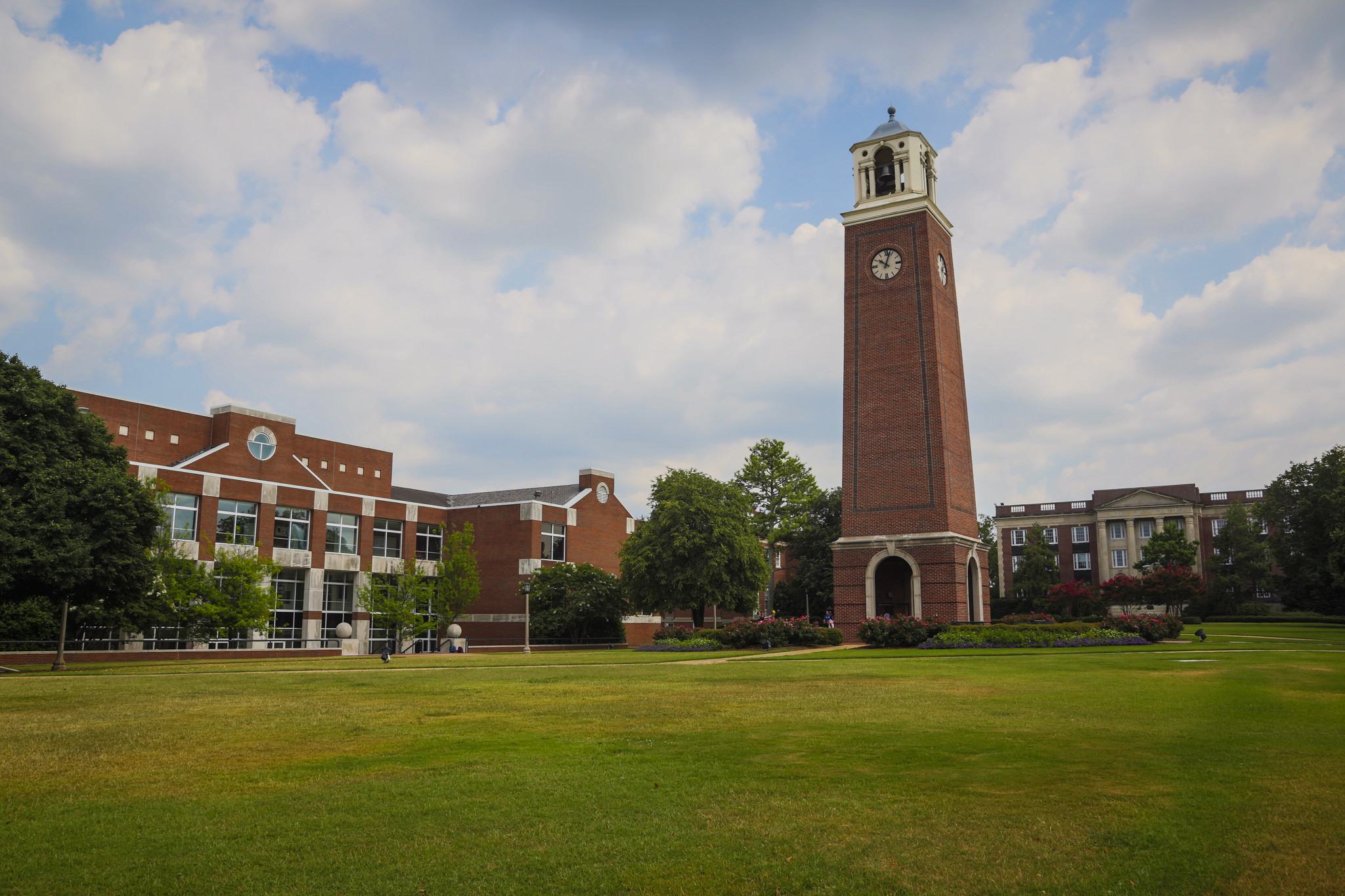After a vote of its Board of Trustees earlier this month, Birmingham-Southern College (BSC) announced that it will remain open, at least for now. The school continues to work toward a long-term solution of solid financial footing.
BSC has “been working closely with our allies in state and local government to secure bridge funding,” Board chairman Rev. Keith Thompson said. Late last year, the school had asked the Alabama Legislature to appropriate $30 million in American Rescue Plan Act (ARPA) funds to essentially bail the school out from its financial woes. That did not happen during a special legislative session last month.
Without ARPA funds, how does BSC plan to remain open? There are two likely solutions, both of which would set a new precedent for state government’s involvement with private higher education institutions.
During a recent appearance on Alabama Public Television’s “Capitol Journal,” State Rep. Juandalynn Givan (D-Birmingham) said that she and other lawmakers are “looking at the construct of legislation that will create a loan incentive program here in the state of Alabama.” Under the loan system, “Birmingham-Southern, as well as other institutions at some period, would be able to submit a request or application for funds that will be there for the purpose of assisting them through this crisis period.”
The other option is for the legislature to appropriate some portion of the state Education Trust Fund's (ETF) current $2.8 billion revenue surplus to BSC. Givan argues that Gov. Kay Ivey’s FY 2023 ETF supplemental appropriation proposal contains line items clearly identified for private purposes. Yet these supplemental requests, including appropriations for a whitewater park in Montgomery, additional funding for the World Games, and funding to help relocate the Mobile airport, were challenged by House and Senate ETF budget chairman State Rep. Danny Garrett (R-Trussville) and State Sen. Arthur Orr (R-Decatur).
No final decisions have been made on ETF surplus allocations. But based on the comments of Garrett and Orr, it is questionable whether the line items for private purposes will make it into the final legislation. Moreover, there is the issue of whether state funds, whether loans or direct appropriations, should be used to fund private education.
There is no state statute specifically saying the state cannot provide funding to a private institution, but there are only a few cases in which the legislature does so. Tuskegee University, Southern Preparatory Academy (Lyman Ward), and Talladega College are the only private institutions that receive an annual appropriation from the ETF budget. The 2023 total appropriations for these institutions is $14.6 million, with over $13 million of that going to Tuskegee University, which has received state funding since 1881.
If the state provides $30 million to BSC, where does it stop? The next private university in a similar situation will expect the same treatment.
What if the state falls into a financial recession and private businesses are pushed to the brink of closure? Will the state be obligated to prop them up as well? Bailing out BSC could set a costly precedent, with Alabama’s taxpayers ultimately footing the bill.
The idea of a loan program is wrought with similar concerns, with the same question of whether the state should be providing allotted public education dollars to a private higher education institution. Aside from recent federal stimulus programs, as well as ongoing grant programs, the state does not provide direct loans to private businesses. The federal Small Business Administration does make direct loans, but only in the case of disaster recovery. Again, providing a $30 million loan to BSC would set a precedent that the state would likely have to follow for other private institutions and potentially private businesses.
The school has yet to offer a plan to get its financial house in order. The temporary solution appears to be to secure taxpayer dollars and then figure it out. If BSC or future loan recipients default, taxpayers will be left with the debt.
The impact of closing BSC would certainly be felt by past and present students, the city of Birmingham, and the broader community that the college serves. However, lawmakers must weigh the long-term consequences of a decision to provide public funding to a private university. It could be a costly mistake for Alabamians.
Justin Bogie serves as Fiscal and Budget Reporter for 1819 News. The views and opinions expressed here are those of the author and do not necessarily reflect the policy or position of 1819 News. To comment, please send an email with your name and contact information to: Commentary@1819News.com.










